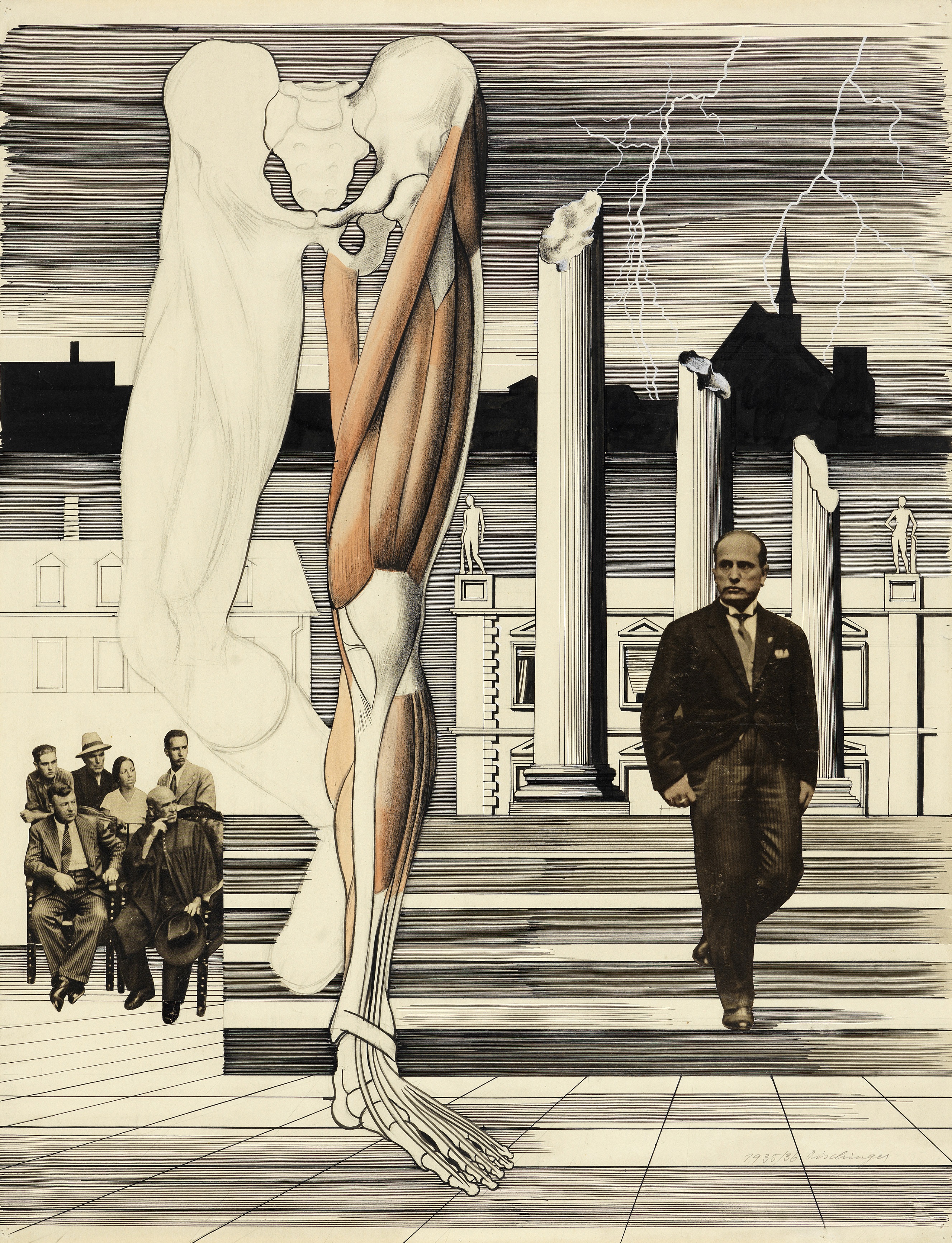

Among the important questions left unanswered are: “Tax revenue collected from marijuana sales would substantially outweigh the social costs of legalization.” Īs this paper details, all five claims are demonstrably false or, based on the best evidence, highly dubious.įurther, supporters of the initiative simply ignore the mechanics of decriminalization-that is, how it would directly affect law enforcement, crime, and communities.“The money spent on government efforts to combat the illegal drug trade can be better spent on substance abuse and treatment for the allegedly few marijuana users who abuse the drug.”.“The government’s efforts to combat illegal drugs have been a total failure.”.“Marijuana prohibition makes no more sense than alcohol prohibition did in the early 1900s.”.In particular, supporters of the initiative make five bold claims: The current campaign, like previous efforts, downplays the well-documented harms of marijuana trafficking and use while promising benefits ranging from reduced crime to additional tax revenue. (These activities would remain federal crimes.) This vote is the culmination of an organized campaign by pro-marijuana activists stretching back decades.

Nonetheless, this November, California voters will consider a ballot initiative, the Regulate, Control and Tax Cannabis Act of 2010 (RCTCA), that would legalize most marijuana distribution and use under state law. Even where decriminalized, marijuana trafficking remains a source of violence, crime, and social disintegration. Marijuana use is associated with memory loss, cancer, immune system deficiencies, heart disease, and birth defects, among other conditions. The scientific literature is clear that marijuana is addictive and that its use significantly impairs bodily and mental functions.


 0 kommentar(er)
0 kommentar(er)
